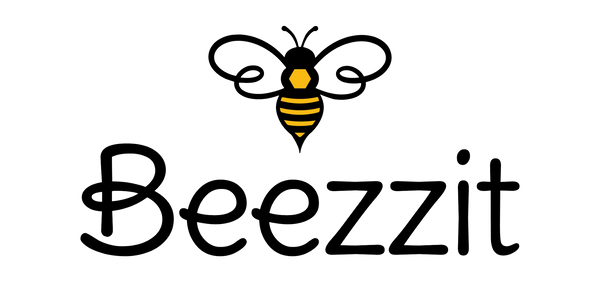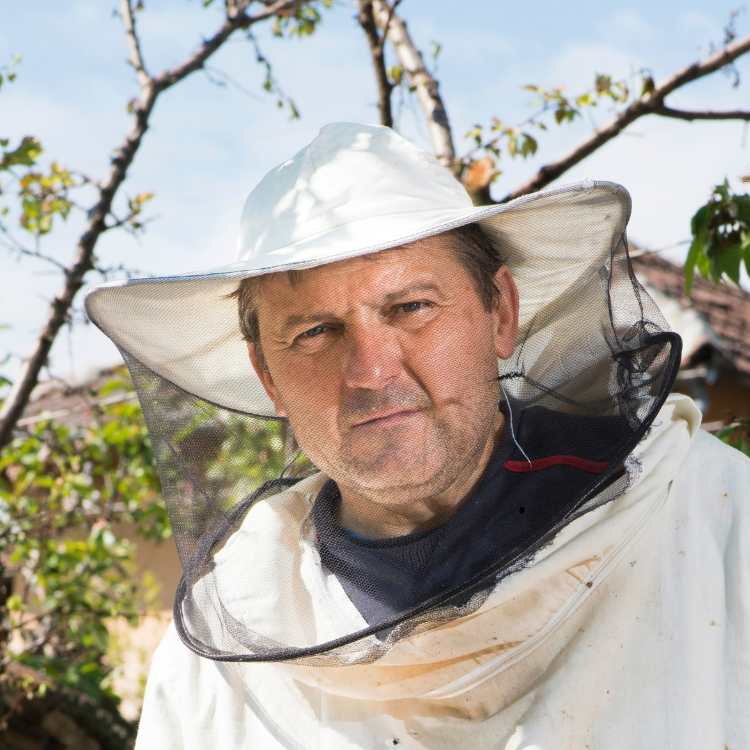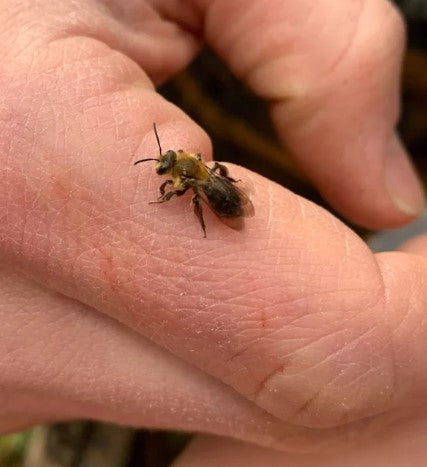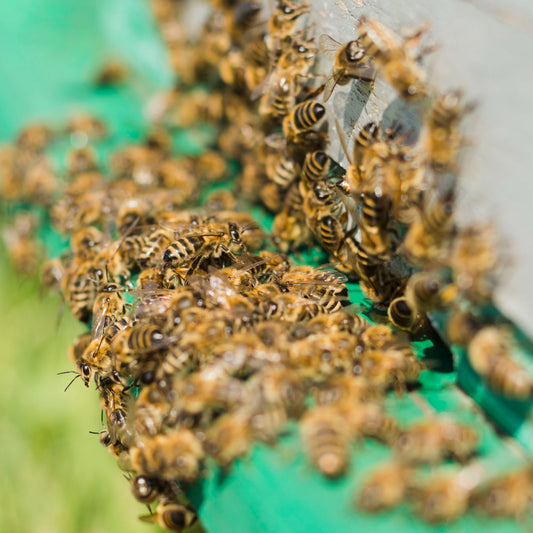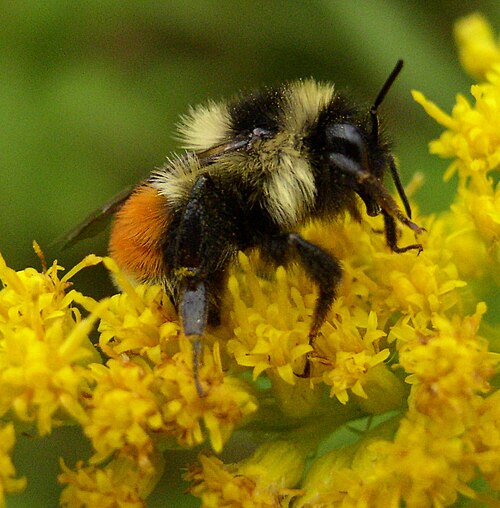Every year on May 20, the World Bee Day puts the spotlight on the bees and their fellow pollinators. The unsung workforce that powers the global food system. This date honors Anton Jansa, the Slovenian pioneer of modern beekeeping. A nod to tradition, yes, but this day is about far more than history. It is about survival - of crops, ecosystems and human livelihoods.
The United Nations established the World Bee Day back in 2017, following a proposal from Slovenia. Since the very first official celebration in 2018, this international observance has become a rallying point for farmers, scientists, policymakers and beekeepers alike. The goal is quite simple: recognize the essential role of pollinators in our ecosystem and push for urgent action to protect them.
The workhorses of global agriculture
The subset of what we call pollinators—bees, butterflies, birds, bats, and thousands of other species—makes modern agriculture possible. More than 75% of the world’s food crops rely on pollination. This includes staples like apples, almonds, cucumbers, coffee and tomatoes. So think of it this way: without these flying workers, food diversity would simply collapse and harvests would shrink.
And in the subset of pollinators, bees lead the charge. Over 20,000 species of bees exist, most of them wild. Alongside managed honeybees, they visit billions of flowers daily, enabling fruit and seeds to grow. Their work doesn’t just increase quantity. It also boosts the quality of the produce, making it more nutritious, flavorful and shelf stable.
But this system is in real trouble. Habitat destruction, pesticide overuse, monoculture farming, climate change and pollution have hit their populations hard. Entire generations of wild bees are vanishing from places where they once thrived.

2025’s theme: Bee Inspired by Nature to Nourish Us All
2025’s theme, Bee Inspired by Nature to Nourish Us All, gets to the heart of this crisis. Pollinators have shown us how to build sustainable systems. What they need to survive depends on the balance of the ecology. Rich habitats, diverse forage, clean air and safe water. When these conditions are met, they flourish. So do our crops. Nature has given us the blueprint. All we need to do is pay attention.
This year’s World Bee Day is not just symbolic. It kicks off the Second international Forum for Action on Sustainable Beekeeping and Pollination. That means real conversations between governments, farmers and scientists.
What needs to happen next
If the bees are going to survive—and with them, global food production—changes are needed now. Not someday. Not eventually. Here’s is what should be at the top of every country’s to-do list:
- Protect and restore habitats: Bees need flowering plants, nesting spaces and a pesticide free environment to thrive. Wild spaces around farms must be preserved, not bulldozed.
- Reform agriculture: Monocultures and chemical heavy methods are incompatible with pollinator survival. Sustainable practices like crop rotation, cover cropping and agroforestry offer better outcomes for both bees and farmers.
- Support local and small scale beekeeping: Beekeepers are front line defenders of pollinators. Investing in their education, tools, and cooperative networks helps strengthen regional food systems.
- Fund research: We need more data on wild pollinators. Conservation efforts often focus on honeybees, but wild species play equally vital roles and they are disappearing faster.
- Educate the public: Everyone can contribute, even in cities. Planting pollinator gardens, avoiding pesticide use, and buying food from farms that follow pollinator safe practices can make a difference.

A colony of bees
Why does this day still matter
The World Bee Day is not about celebrating a single insect. It is about pulling back the curtain on the invisible engine driving the global food system. Pollinators, bees most of all, make agriculture work. Without them, yields crash, food becomes more expensive and diets narrow. For rural communities, especially, the loss of pollinators can literally mean economic devastation. 2025’s observance comes at a critical point. Climate pressures are mounting. Global biodiversity continues to decline. But the message on 20 May is clear: we have models in nature worth following. Pollinators have thrived for aeons by working with their environments.
It is not just about saving the bees. It is about saving the systems that sustain us all.
Want to learn more about the fascinating world of bees? Explore more about their world with out full blog here.
